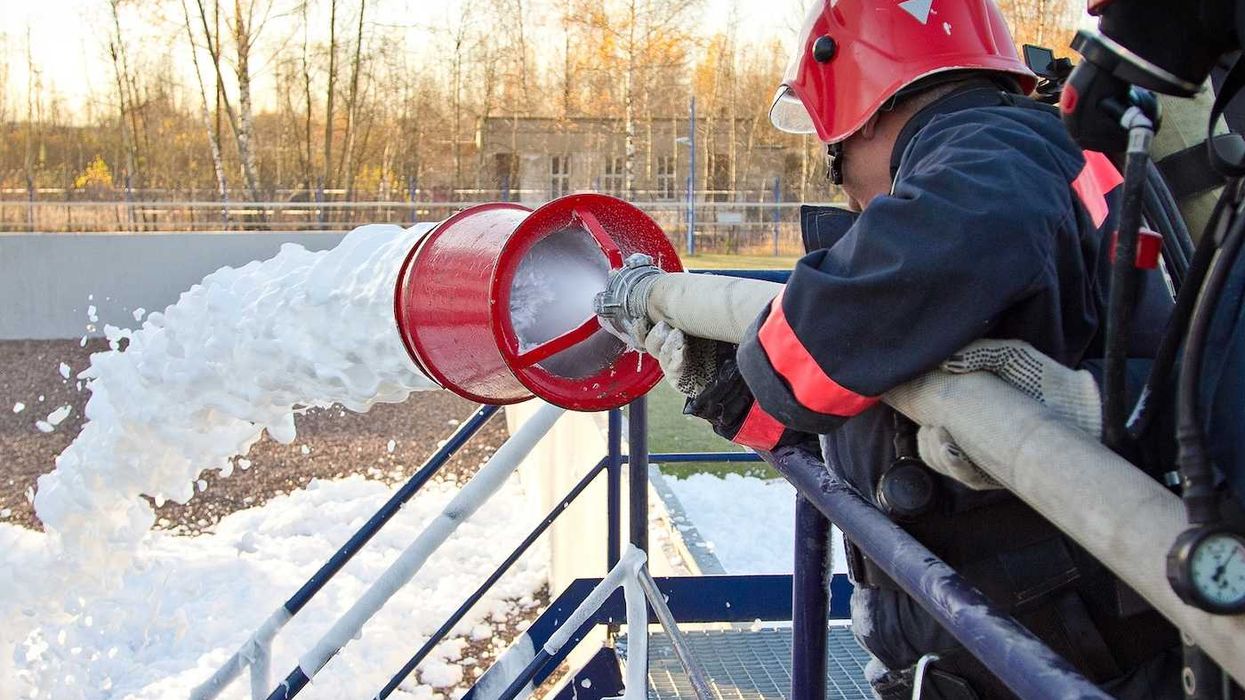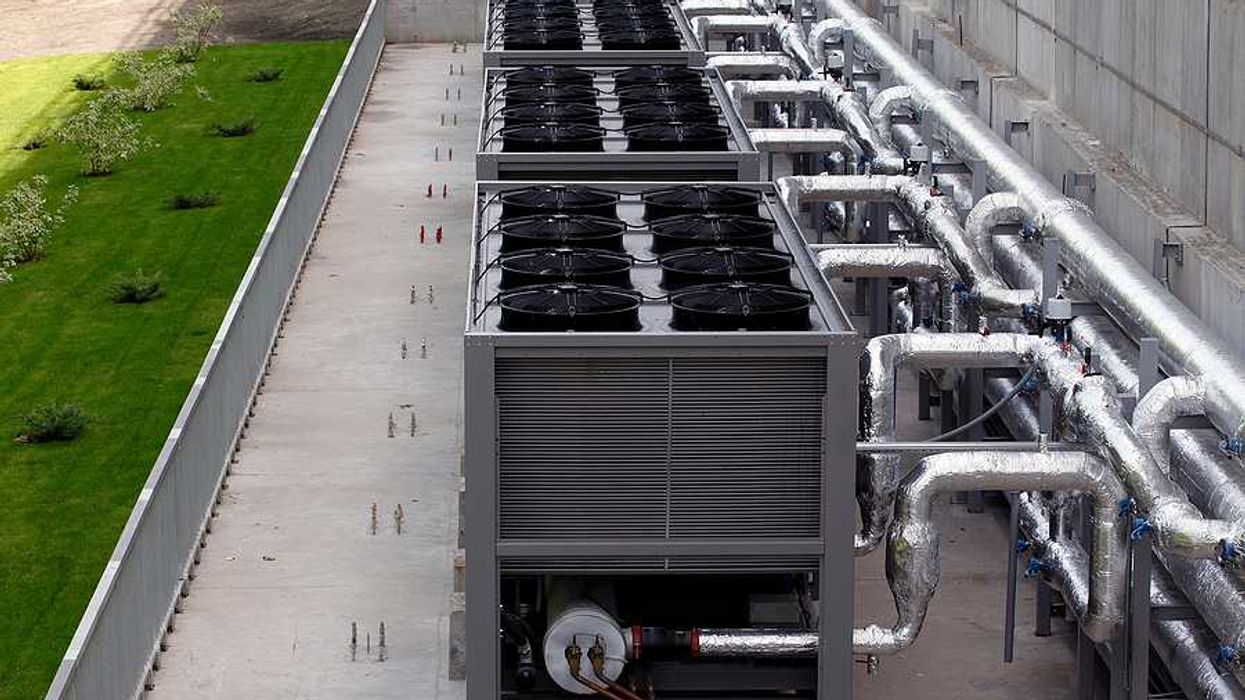Michigan experiences a reduction in road salt application, benefiting budgets and the environment.
Kelly House reports for Bridge Michigan.
In short:
- Michigan's mild winter resulted in a 37% drop in road salt usage on state highways.
- This decrease may save the state approximately $10 million and mitigate environmental impacts.
- Experts suggest that warmer winters could reduce the future need for road salting.
Key quote:
"We’ve been trying to make a conscious effort to reduce our salt use."
— Tim Croze, statewide maintenance and operations manager for the Michigan Department of Transportation
Why this matters:
Runoff containing road salt can infiltrate freshwater systems, leading to elevated salinity levels in lakes, rivers and groundwater. This increase in salinity can disrupt aquatic ecosystems, harming or even killing plants and wildlife adapted to freshwater environments.














